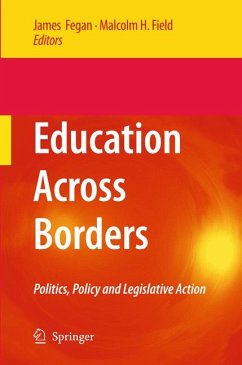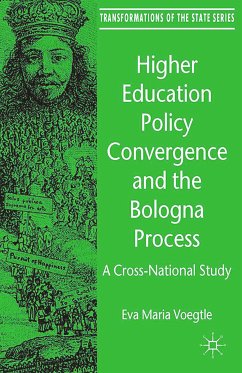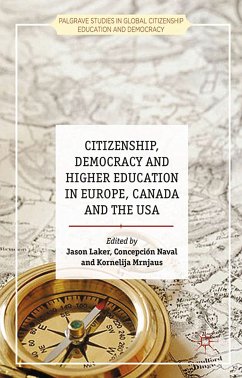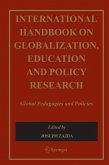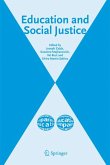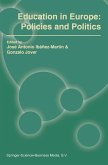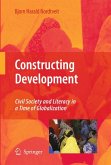Higher education in nearly every corner of the globe is facing pressures to participate in a growing and interconnected international community of researchers, students, administrators and governmental and non-governmental organizations. Politicians in many countries have been swayed by arguments in favor of reforming the sector, and new policies and legislation have quickly emerged. Developing "world-class" educational institutions is an admirable aim, but without grass-roots reform in other areas, such as basic education, management and leadership, it could backfire. "Across-border" education is inevitable, but how states and institutions approach the opportunities will affect the rewards reaped.
The editors' aim has been to bring to the discussion the voices of experienced administrators and scholars who have been working to increase and improve the opportunities for cross-border education. The expert authors are not merely providing a collection of theoretical notions, but real insight into the politics, policies and legislation that surround cross-border interactions. While this is not a legal book, nor a policy book, it provides a useful guide for academic, administrator and student alike about some of the concerns and opportunities that are present in across-border education.
"Educational opportunities at all levels, and in all countries, are being constantly expanded by globalization, the digitalrevolution, and the mobility of students and educators. In Education Across Borders: Politics, Policy, and Legislative Action more than twenty leading research scholars, educators, and administrators explore critical issues affecting cross-border education in Asia, Europe, Africa, and the Americas. Among the many thought-provoking topics analyzed are the inevitability of crossing borders in higher education, scientific capacity building in Latin America, and computer mediated learning between developed and developing countries. In each of the chapters the practical educational, administrative, and political implications of cross-border developments in higher education are explored, with an eye to offering suggestions for enhanced future access to education for young people around the world."
Dr. Martin C. Collcutt, Professor of East Asian Studies & History, Princeton University, USA
"As a member of a generation that had few chances to study overseas, I am committed to education across borders, in all senses, for Waseda University itself, and for students and researchers of countries large and small. After reading Education Across Borders: Politics, Policy and Legislative Action, I am encouraged that there are such committed administrators, scholars, and educators (several of them at Waseda) exploiting their own experiences to build the future. I recommend this book to the most diverse possible readership for its authority, breadth, and good sense."
Dr. Katsuhiko Shirai, President, Waseda University, Japan
Dieser Download kann aus rechtlichen Gründen nur mit Rechnungsadresse in A, B, BG, CY, CZ, D, DK, EW, E, FIN, F, GR, HR, H, IRL, I, LT, L, LR, M, NL, PL, P, R, S, SLO, SK ausgeliefert werden.
Martin C. Collcutt, Professor of East Asian Studies & History, Princeton University, USA

